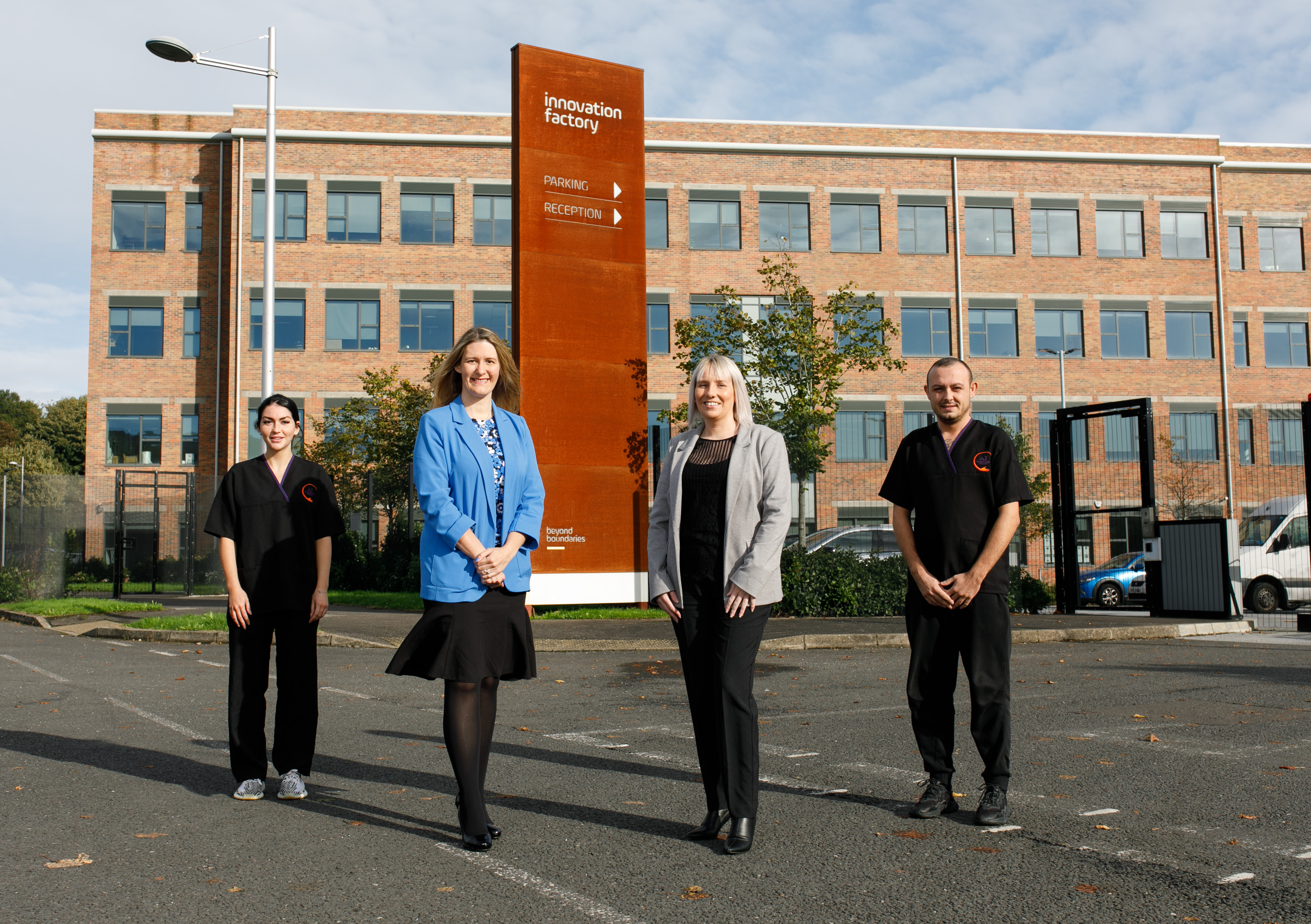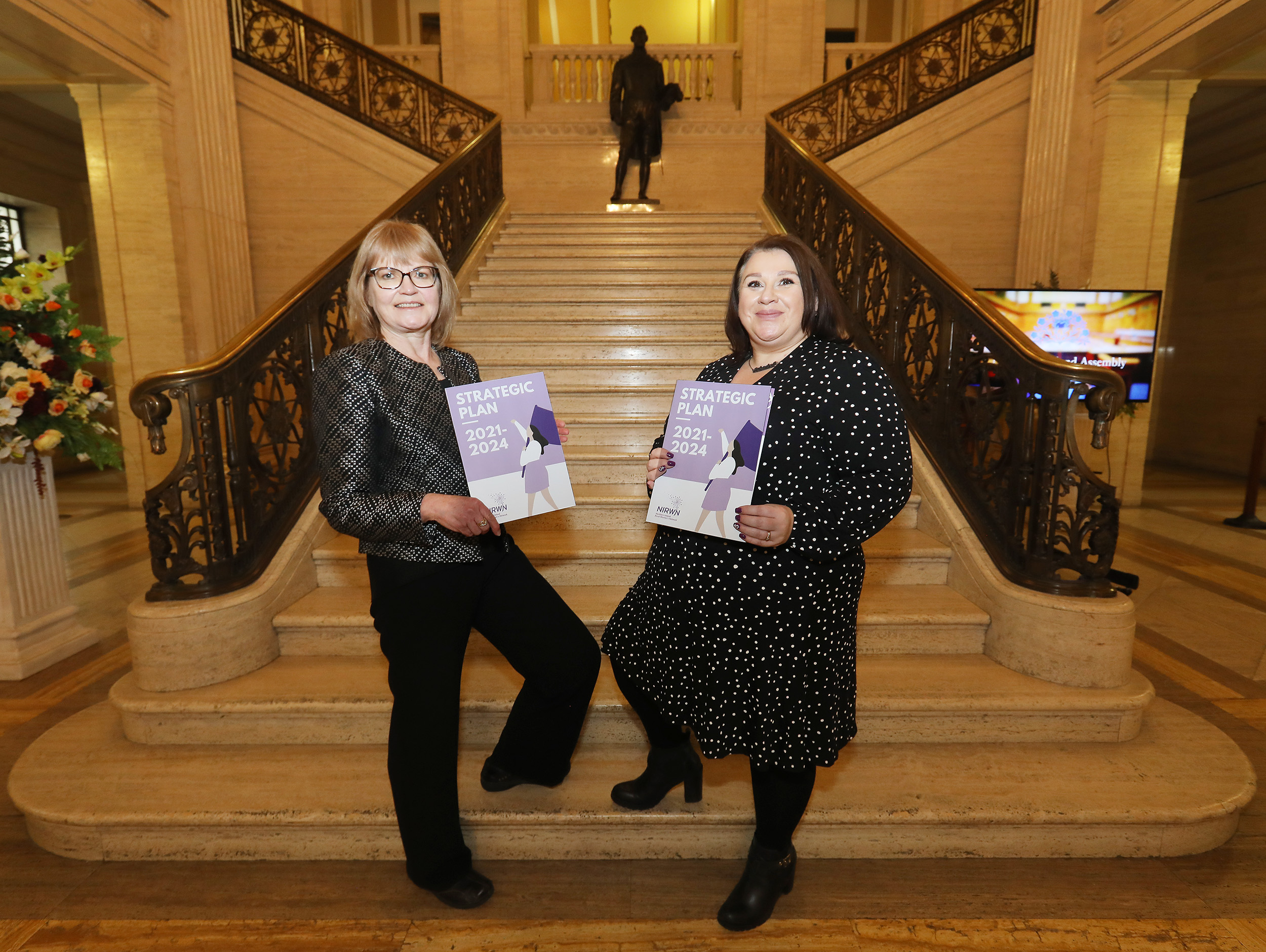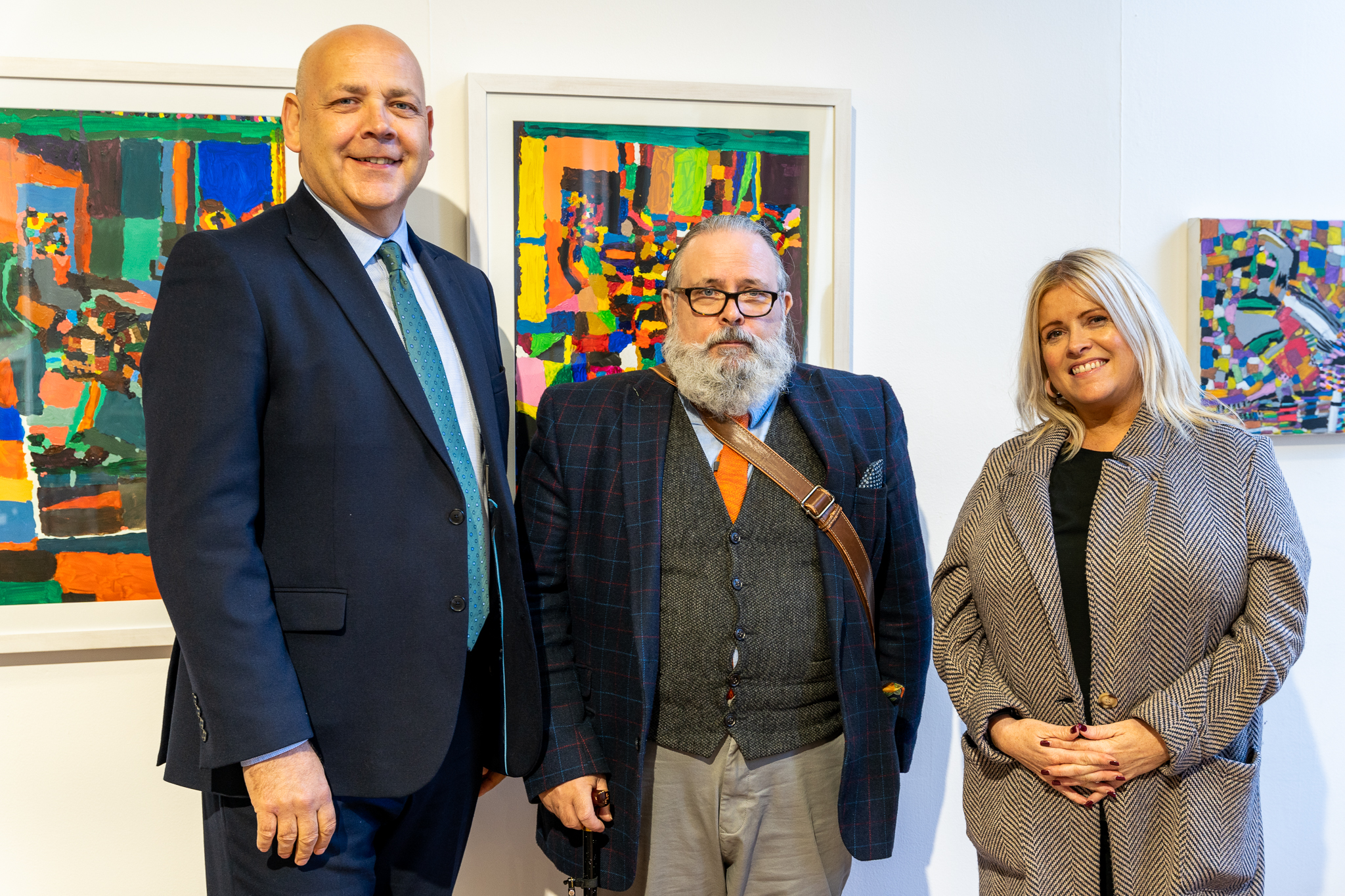
A Northern Ireland domiciliary care business has recently taken on 21 new staff with plans to employ another 40 as soon as possible to meet growing demand within the sector.
AI Homecare Group has opened a new administration office at Innovation Factory in order to provide care workers to people in Belfast, particularly in the North and West of the city.
Gemma McWilliams, Support Manager with AI Homecare explained: “There are approximately 5,000 hours of Domiciliary care needing to be filled currently in the Belfast area. We plan to continually recruit over the coming months in order to help fill those packages of care and ensure that people get the high-quality service they require to remain at home.”
The company, which is contracted by the Belfast and South Eastern Trusts, works exclusively with the National Health Service recruiting and training home care workers for a range of services, including personal care, preparation of meals, domestic and household duties, support with medication and respite care.
AI Homecare chose to take an office within the Innovation Factory on the Springfield Road for its convenient location, the support they receive from the centre’s team and the facilities they say are ideal for interviewing and training new employees.
“Every person is entitled to support in their home and a care package will be determined by the trust. But it’s imperative that we employ the right people with not only the skills and ability but a warm, professional way of interacting with service users,” she explained.
Finding new staff has been difficult in the current employment market and while the company provides excellent terms and conditions, they are continually discussing how they can attract new people with the various health trusts.
“This is such an important job and without great carers, many service users stay in hospital much longer as they are unable to come home without support. Services such as ours are vital to the NHS particularly in these challenging times to help alleviate current pressures, on an already overwhelmed health service. Even in these difficult times we continue to deliver the best standard of care to our service users and much needed support to our amazing team of care staff,” she said.
Innovation Factory Centre Director Majella Barkley said: “AI Homecare provides a very important service, helping people to remain in their homes by giving them the best possible care. There is a huge demand for domiciliary care for vulnerable people in West and North Belfast and we are delighted that the company chose Innovation Factory as its base to reach out to the community.”
To find out more about AI Homecare go to www.aihomecaregroup.com.



